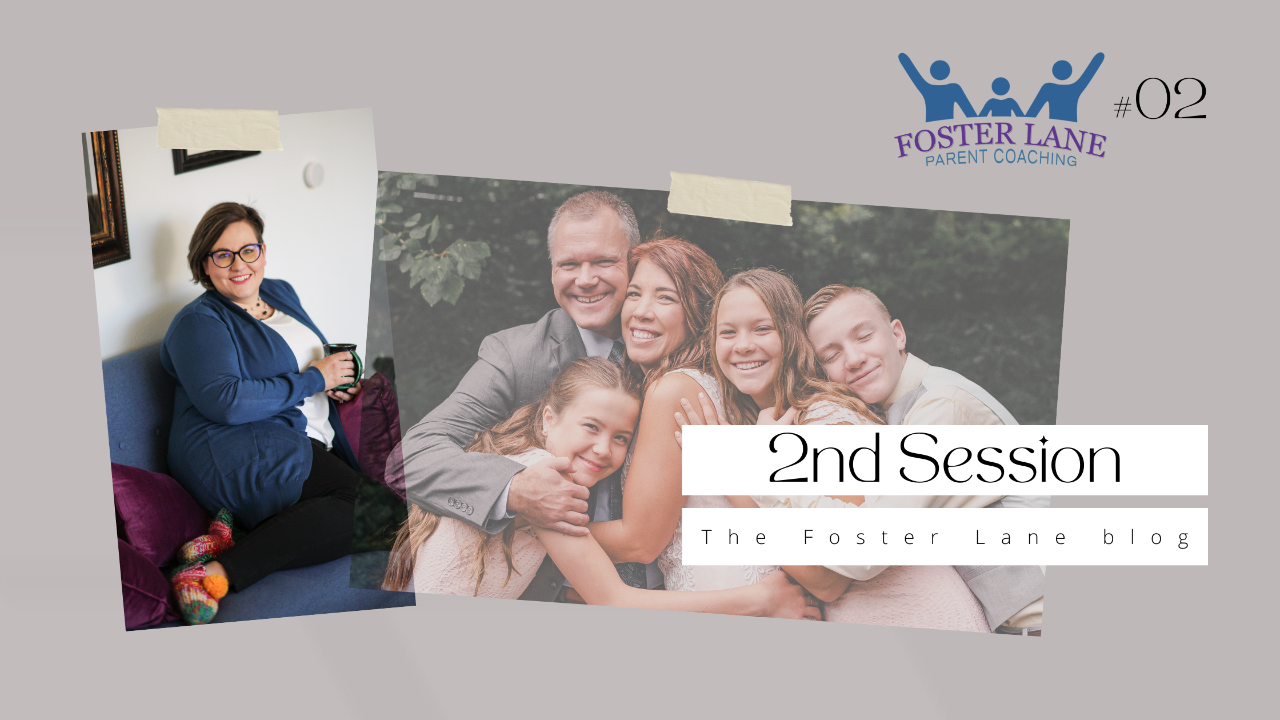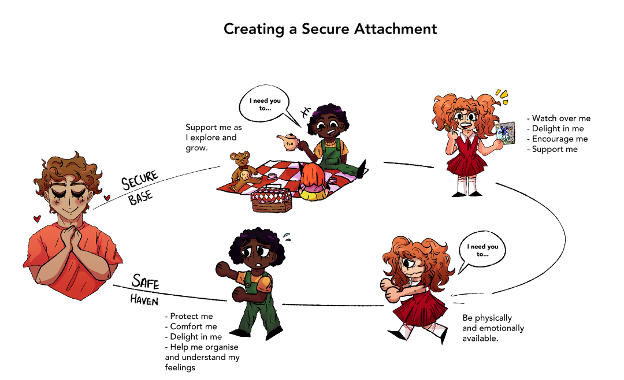Mary Jo Sue's second parent coaching session
Feb 08, 2023
It has been a week and Mary Jo Sue comes with stories to tell. Her family had a huge explosion over The Weekend and Mary Jo wants to talk about. Mary Jo jumps into the details about how upset she is over how embarrassed she was that her daughter threw a fit in the grocery store... again! "This happens every time we go! Why can't she just behave?".
I allow the vent to happen for a few minute and then I ask if I can interject some thoughts. (it's important to ask if a person is willing to hear an outside perspective- especially when they are upset!). Mary Jo says yes, so I go on.
"If this happens every time you go to the grocery store, what changes have you made to the routine to help her do well at the store."
Crickets... blank stares... wide eyes.
Wait-- is this a Mary Jo problem too?! Yes, it is. We as grownups have a lot of influence in how our children are able to tolerate stress, and we will work on shifting grownup responses in coming sessions.
We do a little breathing and then we transition to the psychoeducation. We do this by connecting the story from the week to the patterns of relationship behaviors in the family. Attachment contributes to how we all relate to each other and ourselves.
Mary Jo shows her attachment pie chart (from the quiz she took) and looks completely confused by what it means.
We start by talking about the circle of attachment:

We explored how secure attachment means both the parents being a secure base to go out and explore from and a safe haven to return to.
There is much conversation about when Mary Jo was a child and how she was expected to be a tiny grownup and how her parents didn't care about her excitement or fears. After some discussion, we discussed whether or not her children would same similar or different things about their relationships with her.
This made Mary Jo tear up. While she strives to be a great mom, she struggles with expecting her kids to do things that may be past their age/stage. This is normalized and we explore how thought patterns and beliefs/ expectations are formed through repeated patterns and it isn't until we slow down and ask ourselves "WHY?! do I do things this way" that we open the door to growth.
This leads into us talking about the Strange Situation Experiment and what that has told us about attachment in infants, children, and a (as the research continues) adults.
There is much discussion about the relationship and how Mary Jo was/n't able to be there for her various children when they were little. There is a lot of talk about Susanne when she was tiny and the struggles that Mary Jo had in connecting with her when she was tiny as well as the medical needs that impacted the relationship as well.
This is a lot to talk about in one day, so we do a quick recap and talk about the upcoming week. Mary Jo is to pay attention to how she responds to her children's needs and emotions. Does she meet her children where they are and join them? Do their feelings trigger feelings of her own? Does she not know what her children's feelings are. The goal is to just notice- not try to change to influence.
We do a little breathing exercise and finish with light chit chat to ease the transition back to Mary Jo's life.
---------------------------
While this is a compilation of how many client's first session in attachment looks like, this is also representative of the common responses people have to attachment as a topic. Parents, most often, come in and tell me that they have a great relationship with their children. As we work together, we find gaps, struggles, and opportunities for growth. All are held with kindness, compassion, and understanding. We don't grow in a shaming environment, neither do our children.
For many of my clients, our sessions together are their first experience in a secure relationship. Personal or professional. This in and of itself is an emotional experience. While people want to move quickly, it is important we take things slowly and allow for the person to adjust to the shifts- much like we have to do in the north when we come in from shoveling snow. We can't just jump into hot water- or it will hurt. We need to warm up slowly :)
Our next session we will look at Mary Jo's pie chart and talk about the different attachment styles. In that session, Mary Jo is likely to think I'm a mind reader for what I "guess" things could look like for her. This is far from mind reading, and is, instead, heavy on what the research tells us.
If you would like to learn more about attachment, I would encourage reading the book:
The Power of Showing up- by Daniel Siegel and Tina Payne Bryson
and reviewing the (brilliant) content of Diane Poole Heller. Her newsletters are incredible!
as you find content you enjoy, please share it to our Facebook page!
Until next time!
Sarah
Stay connected with news and updates!
Join our mailing list to receive the latest news and updates from our team.
Don't worry, your information will not be shared.
We hate SPAM. We will never sell your information, for any reason.

